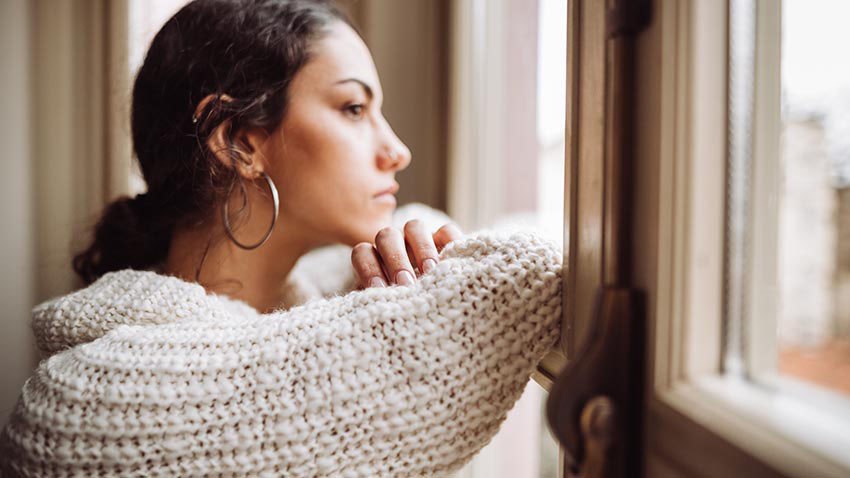Research has shown that living in quarantine can throw many mental health obstacles – like anxiety, anger, depression and post-traumatic stress disorder (PTSD) – into our paths.
The pressure of a pandemic can leave many of us struggling to handle uncertainty, act productively and, ultimately, remain hopeful when the virus outbreak – locally or globally – worsens. So, what can you do to relieve some of this anguish? Here are a few expert-backed ideas…
Work hard – but not too hard – to preserve a routine
What waking up, eating and sleeping routine did you have before the pandemic? You shouldn’t let that routine slacken now. All the same, though, you shouldn’t exert yourself too much to maintain it…
Nicola Labuschagne, a clinical psychologist at the London-located Anna Freud National Centre for Children and Families, explains in a New Scientist article: “Understand that this structure will be organic, which is a polite way of saying that it is likely to go tits-up at some point.”
Wise up to physical fitness and good nutrition
One silver lining of the pandemic is that you probably now have a lot more free time to do many things previously left languishing on your to-do list for ages. Those things could include getting into better physical shape and sorting out your diet.
Using a device like a phone or tablet, you could stream some live, on-screen exercise classes for you to follow at home. Alternatively, you could practice mindfulness – CNN has some tips for how you can “stay in the present”.
Lend a helping hand to others
Right now, many people are struggling both personally and professionally. However, if local anti-COVID rules and regulations where you live allow it, you could help some of these people – and, in the process, go some way towards restoring anguish you may be encountering yourself.
Michael Friedman, associate professor at New York’s Columbia School of Social Work, says in CNBC-quoted words that you should “do what you can to help others, which is a remarkable antidote to depression.”
Limit how much news content you consume
While you should naturally keep yourself informed about what’s happening with regards to the pandemic, you should stick to reliable sources – and, overall, restrict your news intake lest you feel traumatised.
Neil Greenberg, a psychiatrist at King’s College London, particularly recommends that you limit your exposure to “experts’ views about what is going to happen over the next three months – because it can cause anxiety”.
Be aware that things could go (even more) wrong
Yes, use of the word “unprecedented” in articles and news stories about the pandemic has reached, well, unprecedented levels – but it is a pretty apt word to describe the current crisis situation. For this reason, you should account for things potentially veering off-course in your personal life.
That way, you shouldn’t end up being too hard on yourself if the worst happens – and you can feel a little more relaxed if you do develop COVID symptoms and consequently recognise the need to book a COVID-19 test from a firm like MyHealthChecked.
